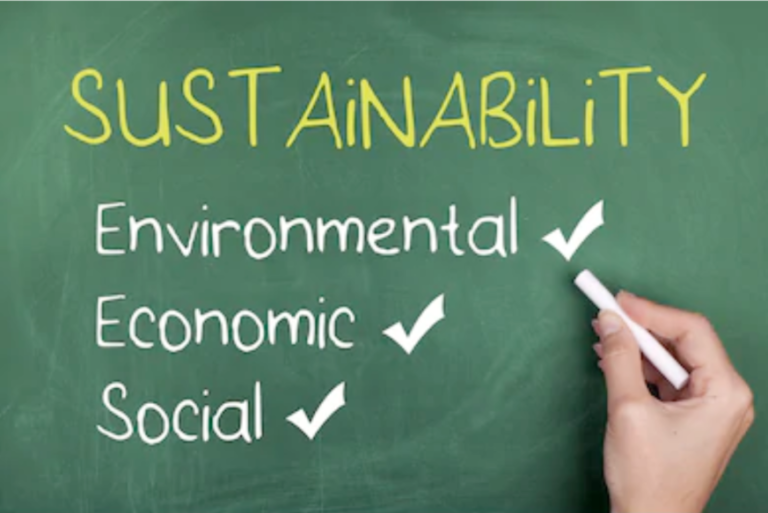The current predominating economic system (perhaps in its dying throes, some would say) is one geared towards free markets. ‘What gets measured gets done,’ goes the phrase. But what are we to do when we’re talking about things outside the traditional economic system of buyers and sellers? What about housework, or friendships, or the environment?
The answer is clear enough when we speak about energy issues—at least, clear enough to economists. Firm valuation, or finding a numerical value for things, is one of the best means available to combat environmental degradation. This involves a whole host of systems, schools of thought, methods, and mechanisms that, upon first blush, seem flatly horrible. Economics is called ‘The Dismal Science,’ after all.
Although they often receive a bad rep for these methods, environmental economists generally have their hearts in the right place. They want to see that nature, life, and biology are accounted for in our system. And I use the word ‘accounted’ very deliberately. In an Intro Economics of the Environment and Natural Resources class, there is talk about things like existence value, or the value something has just for existing without any regard whatsoever for its impact on markets, money, GDP, and other ‘ugly’ aspects of economics. How do we make sure that the Amazon doesn’t burn down or fall victim to deforestation, when what it does is so amazing and wondrous and important, providing so much oxygen for the entire world?
Basically, what these people try to do is make policy makers’ lives a little easier. Economics is the science of scarcity, something that policy makers deal with every day. How should we allocate resources? ‘After a thorough cost-benefit analysis,’ is how the economist would answer, perhaps somewhat pedantically. And what is a cost-benefit analysis (CBA)? Simply put, it attempts to put numbers to both the cost and benefit of some policy, item, objective, resource, or course of action. If the benefits outweigh the costs, it makes sense to pursue it. If the converse is true, it doesn’t. This gets tricky for things not valued by an existing market, but this does not deter the economist. Through things like surveys, indirect measures of value, or a whole suite of nonmarket valuation tools, they can make estimates that allow for this kind of calculus, and let policy makers make decisions that are in the public interest.
Particularly for the environment, the cost of, say, cleaning up or preventing pollution gets exponentially higher as the percentage of what is cleaned or prevented increases. Is it worth the extra million dollars per capita to scrub the very last bit of Sulfur Dioxide from the atmosphere, or would this money be better served someplace else? This is a difficult question to answer, and perhaps one that economists try to help policy makers decide, with their tradition and tools kept firmly in mind.
How does this relate to peace, nonviolence, and civil society? Perhaps it is most relevant when we talk about environmental justice, or the intersection of environmental issues with social justice. If we understand violence to be defined broadly as anything, ranging from originating with a person all the way up to a system, government, or international order, that inhibits or limits the potential of a person or group of people, then the activities of those who harm others can most certainly include those who are on the receiving end of damages from environmental degradation. Whether it is displaced refugees fleeing resource-based conflict, or the Global South and low-income countries dealing with raging storms or sea level rise, these people face violence that is being perpetrated, perhaps indirectly and environmentally or economically, by others.
So what can we do? For a start, I’d propose listening to the economists. If we can put a price on carbon, or value mangrove forests which prevent flooding and storms, or direct resources to keep the Amazon thriving, we all stand to benefit. Contact your representatives. Petition the government. Make your voice heard that you want action on these issues. Perhaps it would be helpful to offer clear evidence of damages, and a clear message for what you want changed.
All I would ask is that you include environmental economics in the debate, and not be put off by their preoccupation with putting a monetary value on things. These people are experts and care deeply about these issues. Many devote their lives to them. Let us unite behind evidence-based policy prescriptions, and not fight amongst ourselves when we use different languages or methods for describing the same thing.


